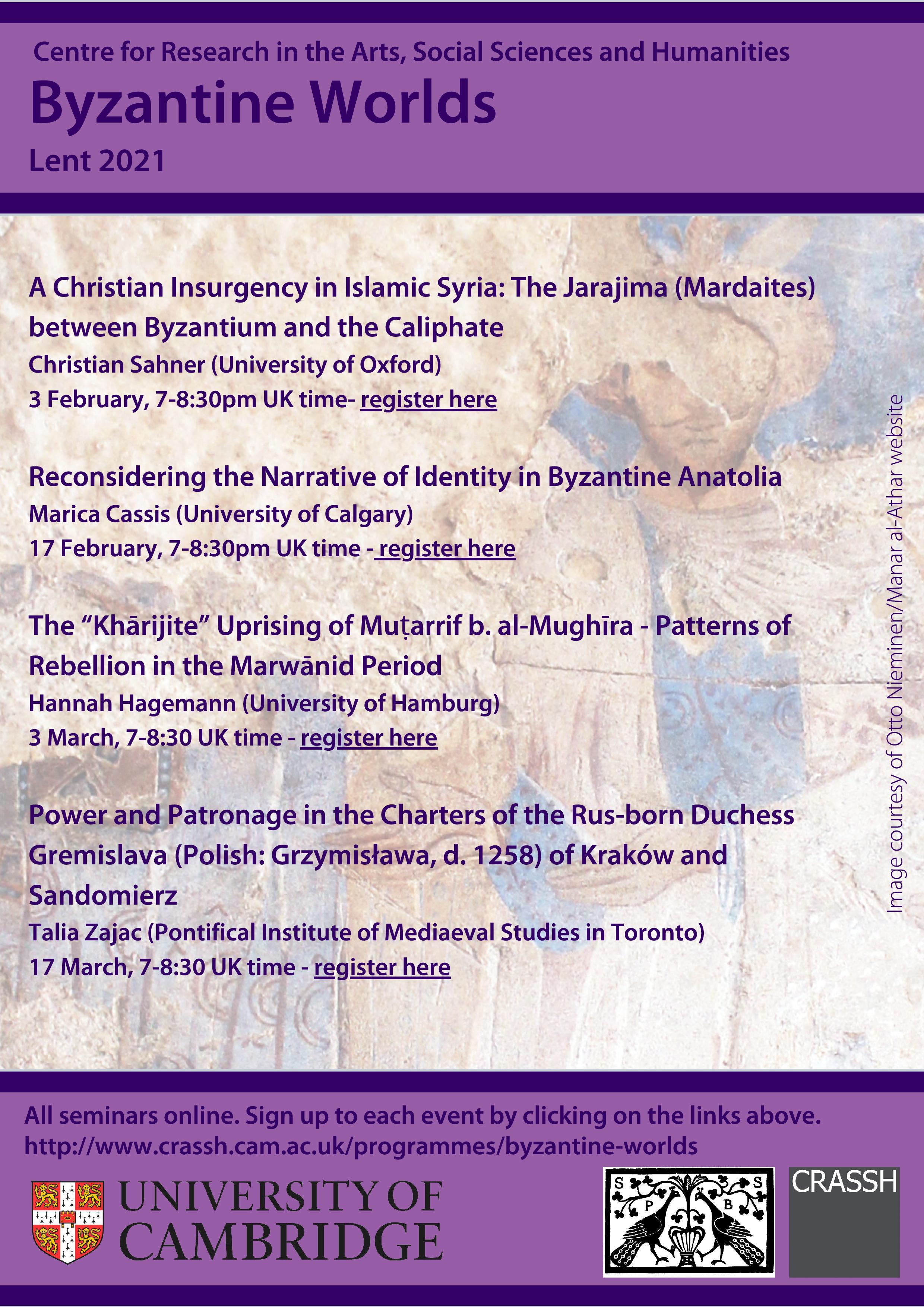En el marco del Congreso, la Dra Mª Ángeles Utrero Agudo (CSIC) impartirá la conferencia Y con los monjes, llegaron los artesanos. La construcción de las llamadas iglesias mozárabes (Jueves, 25 de febrero. Salón de actos, 18:00).
Cualquier persona interesada podrá seguir la conferencia on line a través del enlace disponible próximamente en esta web.
Un siglo después de la publicación de la magna obra de Iglesias mozárabes por parte del investigador Manuel Gómez-Moreno Martínez, un importante número de conjuntos monásticos presentes en el citado trabajo ha sido objeto de estudio de sucesivos proyectos de investigación. La aplicación conjunta de las disciplinas de la arqueología, la geología, la historia del arte y de las fuentes escritas ha permitido obtener una visión renovada de los mismos, responder antiguas cuestiones y plantear otras nuevas. Entendidos ahora como productos construidos propios de un contexto histórico preciso datable a finales del siglo IX e inicios del siglo X, el estudio de estos templos monásticos revela el proceso constructivo del que son resultado, los recursos materiales y humanos que emplearon, las habilidades técnicas de sus artesanos y las posibilidades económicas de sus patrocinadores. Aspectos en gran medida hasta ahora inéditos y que permiten replantear la secular preocupación por la procedencia de los artesanos responsables de su construcción y ornamentación: la cuestión no gira tanto en torno al origen geográfico de los operarios que realizaron estos proyectos, como a su formación tecnológica. Esto es, qué tecnología manejaron, cómo la adquirieron y cómo la transmitieron, aspectos que nos conducen a la arquitectura islámica coetánea de al-Andalus y que nos confirman que la tecnología es aconfesional, no se identifica con los tipos ni con los usos de los edificios, pero sí con los operarios que la conocían y ponían en práctica.
Organiza: UNED. Gerda Henkel Stiftung
+ Información y reservas en arabic.canon.law@gmail.comEnlace externo, se abre en ventana nueva
Congreso acerca de la relación entre la comunidad cristiana y su ley, los marcos de negociación de dicha ley con la comunidad islámica, y las distintas perspectivas que ofrecen los textos sobre la forma de vida de los cristianos en al-Andalus y otras áreas geográficas donde se dan condiciones similares para las minorías religiosas. Se tratarán aspectos como el espacio devocional –para lo que es fundamental la aportación de la arqueología-, la elaboración de los manuscritos legales en los scriptoria o las cuestiones de pureza que afectaban a la alimentación y la liturgia. De especial complejidad es la modificación de las concepciones teológicas de estos cristianos en contacto con la teología islámica, así como la forma de regirse la comunidad, entre las autoridades y las leyes de dos entidades político-religiosas diferentes. En todas las conferencias deberá tratarse sobre las particularidades lingüísticas o materiales de las fuentes utilizadas, y su localización.



